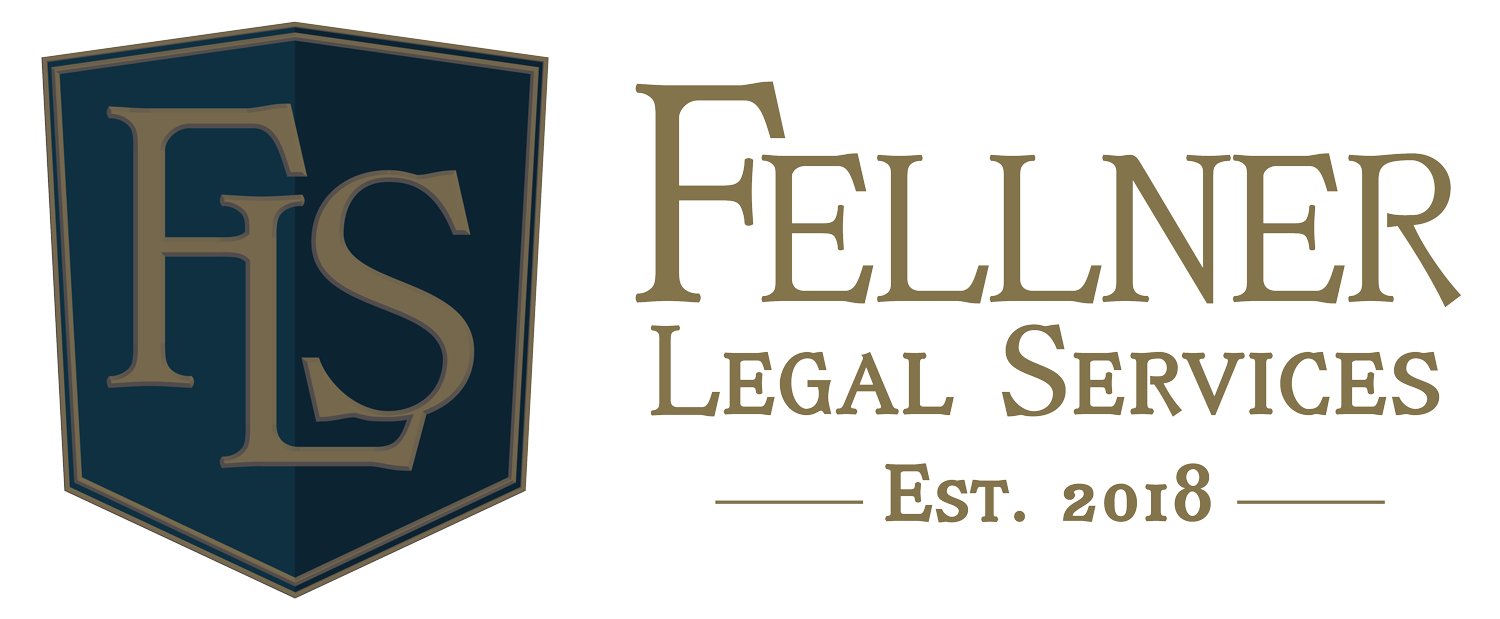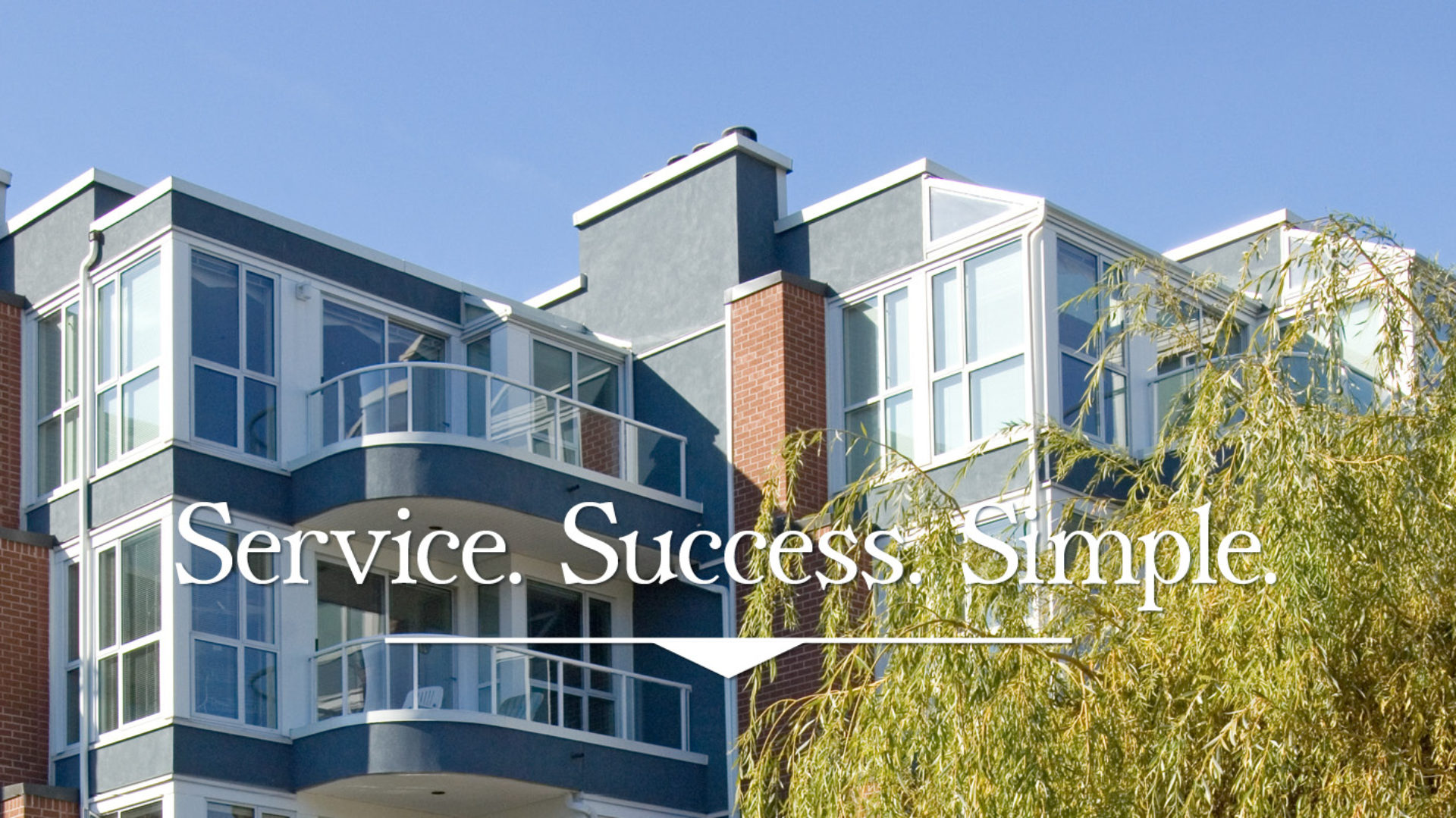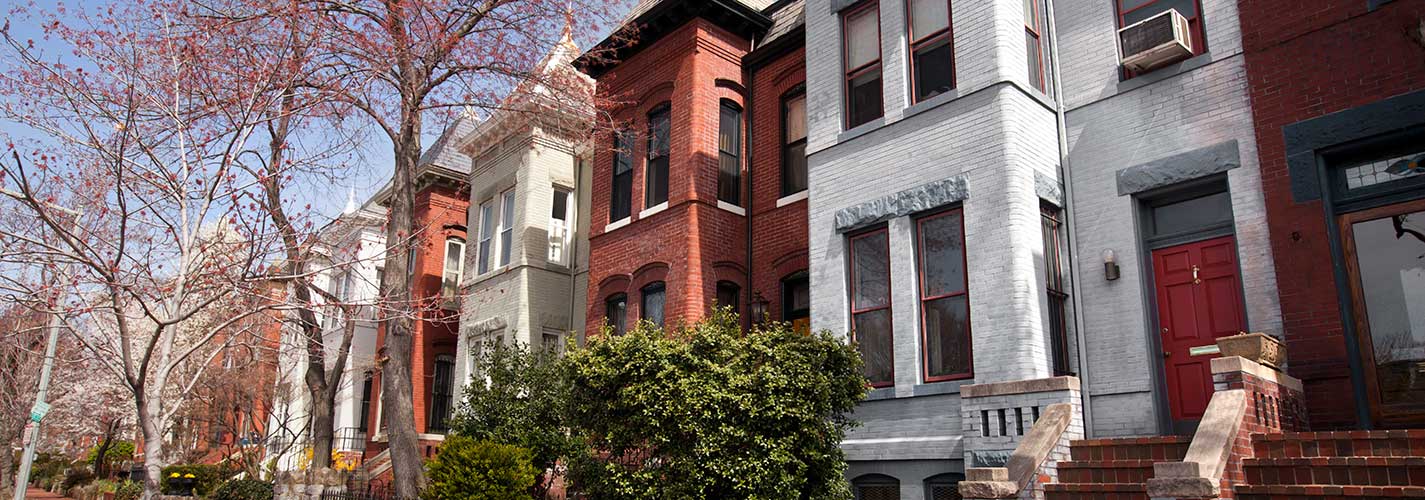In 2018, the Maryland legislature passed four bills that impact condominiums in the state, while considering but ultimately not enacting several others. The bills that passed took effect on October 1, 2018, and are thus now good law in the state of Maryland. Here is a rundown:
House Bill 575 (ENACTED): This bill states that if a condominium wishes to amend its Declaration to revoke the use and enjoyment of common elements due to nonpayment of assessments, it needs only a 60% vote of unit owners, rather than the typical 80%, or even potentially 100% due to the “taking” nature of this action.
If you work in or are at all familiar with the community association industry, you know that this bill is in response to the case of Elvaton Towne Condominium v. Rose. This case held that a condominium may not revoke the use or enjoyment of the common elements due to delinquency unless the authority for said revocation was in the Declaration. That decision of course prompted two main questions from condominiums throughout Maryland: 1) Do we have that authority, and 2) If not, how do we get it?
Take a look at pages 17-19 of that decision and see what your answer is on Question 2. It seems to suggest that this constitutes a taking, and that only a 100% vote from unit owners could support such an action. But at the last minute it gives a bit of a head-fake and says that this action is not such a substantial taking that it requires a 100% vote. But does that leave it at an 80% vote, or subject to the terms of the Declaration, or something else entirely? This bill is obviously meant to add some clarity to the process. Additionally, the legislature obviously looked at the situation and determined (correctly, in my opinion) that this right is one that a condominium should be able to add without too onerous of an amendment process. The rationale behind the ability to revoke those rights is readily apparent: if you do not contribute to the maintenance and upkeep of the common elements, you should not be afforded the right and opportunity to enjoy them.
House Bill 218 (ENACTED): This addresses master-metered properties in Prince George’s County. It effectively says two things:
- You cannot install master-metered utilities into a condominium or cooperative; and
- You cannot convert a master-metered property (say, an apartment complex) to a condominium or cooperative without first installing individual submetering of utilities.
Parenthetically, it also creates a master metering task force in Prince George’s County to govern these issues.
The intent here is clear as well – this is a very targeted response to situations like those at Lynnhill Condominium: the condominium has master-metered utilities, and fails to properly pay its bills. Perhaps it cannot ascribe the right cost to the right owners; perhaps it is not being well run; perhaps it is having money troubles due to low assessments, poor budgeting, a downturn in the economy, or something else. The issue here is clear: every owner has a fee simple ownership of his/her own unit; therefore, they should be able to pay their own utility bill (or fail to pay their own utility bill), just as the owner of a single-family home can do. They should not have to rely on the Condominium to pay that bill for them, they should not have to simply pay a proportionate share of all condo utilities when it is so simple to track and apportion usage, and they should not be punished for someone else’s failure to pay, especially with such a harsh punishment as loss of power or water. Before this law, a developer could buy master-metered apartment complex, convert it to a condominium or cooperative without bothering to install individual submetering to allow for individual payment (which of course would eat into their profits), and then sell the units to unsuspecting consumers who did not know this potential for a terrible fate sat out there. Now that practice is prohibited; if a developer wants to convert an apartment to a condominium, the developer has to budget for that conversion of the utility metering as well. This is a very important protection for Prince George’s County condominiums.
House Bill 1491 (ENACTED): A sibling to HB218 above, this bill revokes the authority of the Public Service Commission to utilize master metered utilities in certain circumstances, and commissions a study on how to effectively implement and manage submetering systems.
House Bill 77 (Cross-filed with Senate Bill 258)(ENACTED): This bill protects Maryland Condominiums from developers who build a product that has flaws or defects, sell it to unit owners, and then attempt to deflect any blame or responsibility via the statute of limitations. Sometimes when developers build a community, they insert a provision into the Declaration or Bylaws that shortens the reporting time for such a defect to less than the statutorily required period. They may also impose additional reporting requirements or restrictions not found in Maryland law. This statute invalidates several of those provisions, though it does so only for Declarations or Bylaws recorded after its effective date of October 1, 2018. The filing and pursuit of a defect claim against a developer is a complicated and technical process. Anyone looking to apply this law to their community should contact an attorney directly to see how these provisions apply to them.
______________________________
Those are the laws that passed in 2018 affecting condominiums in Maryland. Here are a few that were considered but ultimately not enacted (for whatever reason).
Senate Bill 432: (Cross-filed with House bill 564)(NOT passed): This seemingly well-intentioned bill sets forth some new proposed regulations for a developer when the community transitions to owner control. There are benchmarks and disclosure requirements. These would likely be a net positive, but a relatively small one. The issue here remains that a savvy, experienced, and well-funded developer is turning over control of the condominium to a neophyte board of property owners who have day jobs. The asymmetry and imbalance of power remain, and only by educating board members, having community members volunteer and retain professional and independent management and legal counsel, and holding developers accountable for the product they are producing and selling will we really see these issues get resolved.
Senate Bill 216: (NOT passed): This bill would have included interest, late fees, costs, legal fees, and special assessments in the “super-priority lien” enacted in 2011. As a practitioner in Washington, DC as well as Maryland, and as an attorney who follows the use of these liens in places like Nevada, Massachusetts, and elsewhere, I can say that this would have been a great benefit to communities and homeowners in Maryland, at the expense of the greedy and lazy mortgage banks that caused the housing crisis in the first place. I hope this gets revisited.
House Bill 266 (NOT passed): This is almost the exact opposite of SB216 above. It restricts and limits the current (and already weak) super priority lien to only water and sewer charges. This might benefit the water and sewer lienholders (who suffered a blow with the Select Portfolio Servicing, Inc. v. Saddlebrook West Utility Company, LLC decision), but it would only further harm condominiums who have this token benefit in what ordinarily is a major loss situation.
Senate Bill 95 (NOT passed): This bill would have increased requirements for notice of meetings and topics to be discussed therein. While an increase in disclosure to unit owners is always a welcome idea, increasing procedural requirements on some of these statutes only increases the likelihood that either a minor procedural misstep will get in the way of a major substantive accomplishment, or that an aggrieved owner will use the restrictions here to thwart otherwise valid actions.
House Bill 179 (NOT passed): This bill would have lowered the threshold to amend condominium Declarations in certain circumstances. Given the relative apathy regarding condominium governance among unit owners generally and the desire to continue to update and modernize condominium documents, I think this would be a net positive in the state. I am sure the down side that some would point to might be a greater potential for abuse by a smaller cabal of owners, but a 60% vote of unit owners in good standing still indicates that the action taken is approved of (and only by affirmative vote – silence is effectively a “no”) by a majority of the owners contributing.
House Bill 1158 and Senate Bill 65 (NOT passed): These are the bills on community association manager licensing. I know there are many more qualified people than myself to discuss this particular issue (and feel free to chime in down in the comments!), but I think probably the pro to this would be an increased layer of protection from some of the more unreliable or unprofessional community association manager practices, while the con would be an increased cost passed directly through to condominiums. I leave it to others wiser than I am to decide the right outcome here.
Those are the Maryland laws that impact condominiums for 2018, and the ones that would have if enacted. Remember that any law that passed this year took effect on October 1, 2018. Keep an eye out for an upcoming FLS post on laws that affected HOAs in Maryland for this year as well!


